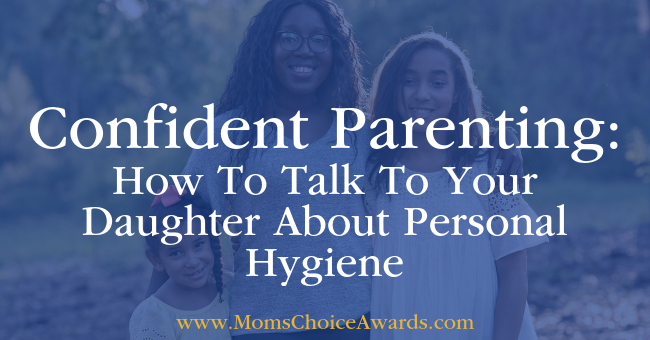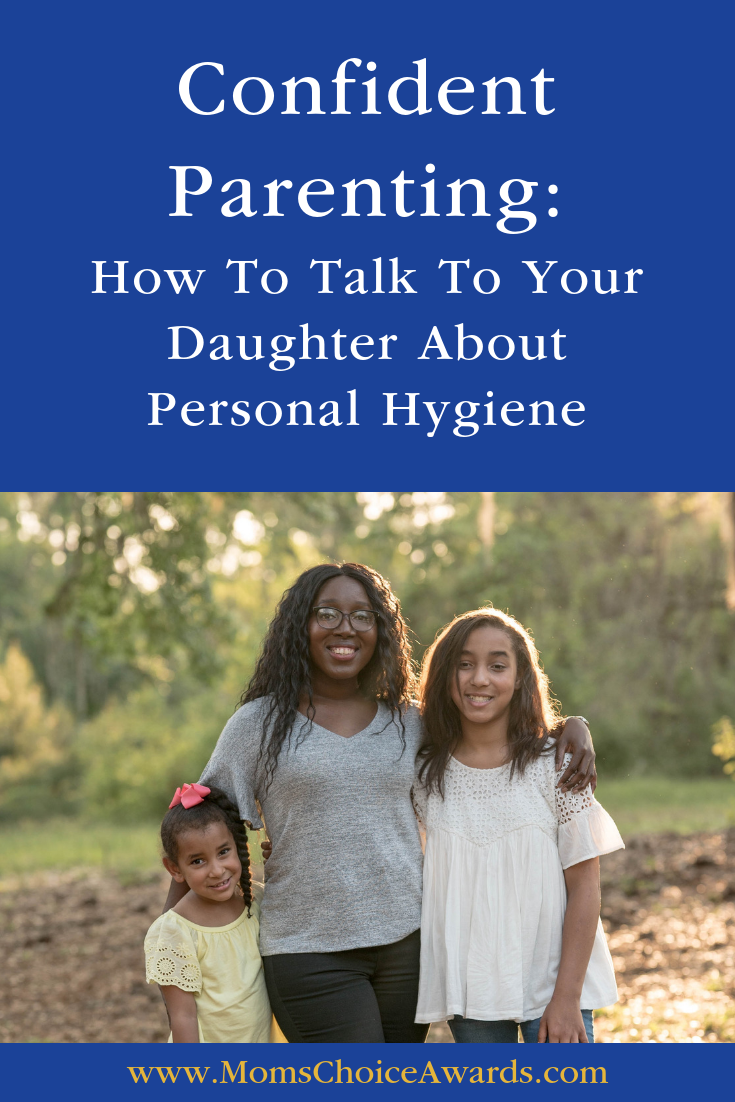 Jane Sandwood
Jane Sandwood
Teacher | Blogger | Mom
Many parents find it hard to accept that their teens would rather confide in their friends rather than their mom or dad. But talking to their friends makes young adults feel better when faced with stressful situations, and a new study has revealed that teens can cope better if they’re around their pals rather than with adults. If you have a daughter who’s on the brink of her teenage years, then you may already feel how she’s beginning to assert her independence as she’s starting to rely more on herself and her friends than on you.
While her best friend may have the lowdown on some of your daughter’s interests and hobbies, it’s important that you’re the go-to person when it comes to certain matters such as health, hygiene, and self-care. Talking to your child about these things can help them stay healthy and avoid embarrassing situations in the future. Here’s how to talk to your daughter about personal hygiene–without making it awkward.
Start the discussion before puberty hits
Most American girls start experiencing puberty at the age of 12, and not only can it be awkward, but talking about it can be uncomfortable. This is why opening the discussion at an early age is vital so your daughter will be more receptive to further talks in the future. By the age of 9, you can start talking to your child about the changes in her body that she can expect once she’s in her tween years. Encourage her to ask questions and state the facts in a simple way. For instance, if she asks why hair grows under a girl’s arms, you can say that it’s due to her hormones and that she can remove it by shaving or waxing.
Offer solutions to hygiene problems
If you notice that your child has body odor or is showing signs of discomfort, don’t call her out on it in an insensitive way. Teasing her or saying things like “You smell gross” or “Why are you so squirmy” doesn’t help at all. Instead, empathize and offer solutions to solve your daughter’s hygiene problems. For instance, if you’ve noticed some unusual discharge on her underwear while doing the laundry and she’s visibly uncomfortable, then she might have a mild vaginal infection known as bacterial vaginosis or BV. Talk to your daughter about it, saying that it’s normal to experience things like this, especially since she’s turning into a young woman.
To treat it at home, give her lactobacilli-rich food such as yogurt which can help to holistically address BV. Also, inform your daughter that keeping her privates clean as well as changing her underwear frequently can help to prevent itching and odors.
Care about her, but be discreet
Most kids will be mortified if their parent talks about their hygiene problems in public places. To encourage your daughter to open up to you, show her that you can be discreet and that you’re always on the lookout for her wellbeing. At the drugstore, let her pick her own deodorant, tampons, and other self-care supplies without offering loud commentary about her choices. If you’re keeping track of her period and it’s almost that time of the month, you can slip in a pouch filled with pads, tampons, and extra underwear into her backpack and tell her that it’s there if she needs it.
Teaching your daughter about proper hygiene can empower her to be a confident young woman. So when you catch the first whiff of body odor or see the tell-tale signs of her first period, don’t tease her– be sensitive, be understanding, and most of all, be there for her. Trust in your ability to talk to her about personal topics, and you may find that she’ll always come to you when she needs love and support.
 About Jane Sandwood
About Jane Sandwood
Jane has been a freelance writer and editor for over 10 years. She has written for both digital and print across a wide variety of fields. Her main interest is exploring how people can improve their health and well being in their everyday life. And when she isn’t writing, Jane can often be found with her nose in a good book, at the gym or just spending quality time with her family.
View all posts by Jane Sandwood here.






